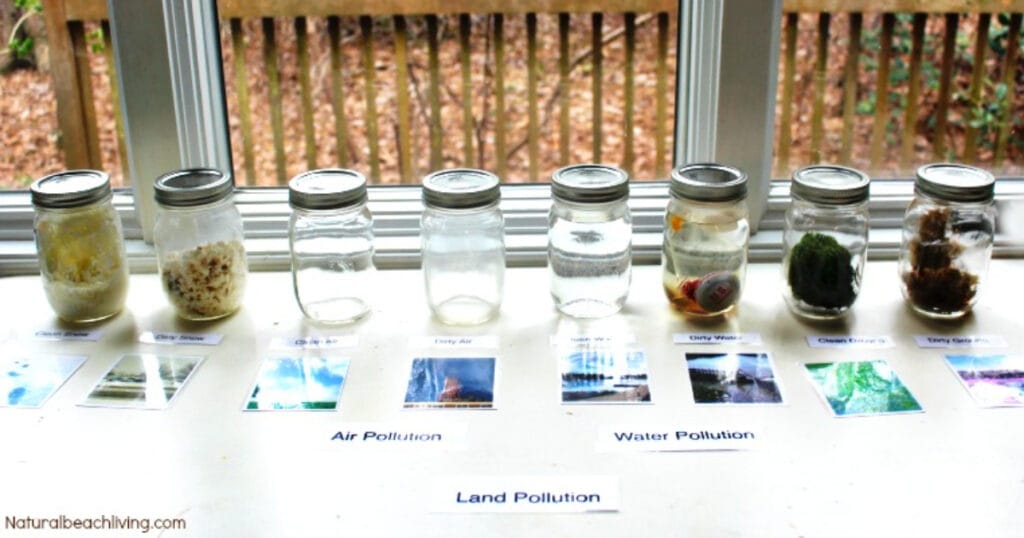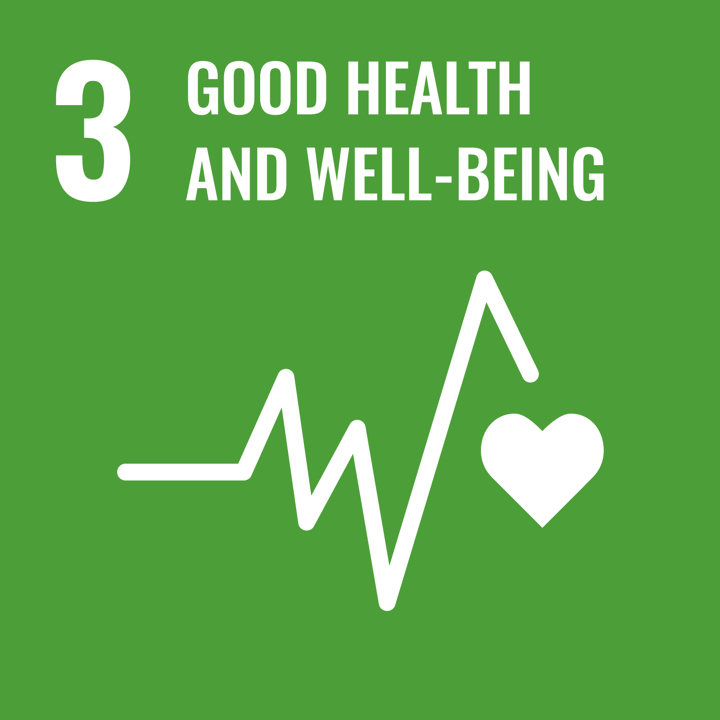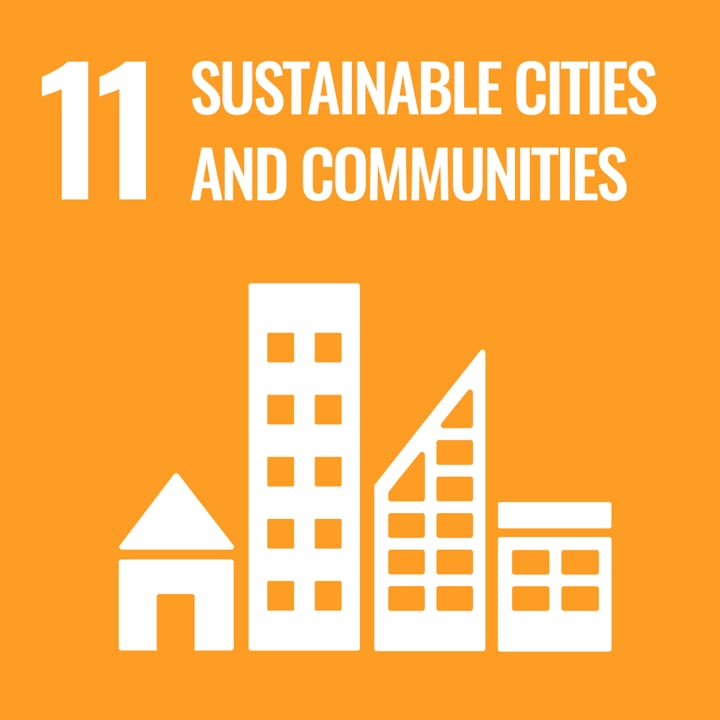
Intended End User: Teacher
Age Group: Upper Primary
School Curriculum: Science; Social, Physical & Health Education; Social & Environment Science; Languages; Applied Science
Themes and Topics: Energy Use and Production; Behaviour & Lifestyle; Collective Action; Environmental Change; Futures Thinking; Information & Knowledge; Pedagogy Approaches
Duration: 9 Learning Units (8 hrs).
Type of Resource: Experiment, Guidelines & Notes, Lesson Plans, Project
Keywords: Air pollution; environmental science; health education; inquiry based activity
Languages: English; Dutch; Swedish; Portuguese; Greek
Description
In this learning scenario, students will gain a deeper understanding of what pollution is and how the atmosphere can be polluted. They will learn where air pollution comes from, how it affects them personally, and discuss ways of reducing or eliminating it and exploring ways to decrease its impact on humans. Students will make their own pollution detectors, collecting data about the levels of pollution in the air at their school and around their local community. They will use their research to decide how they would ‘solve’ the problem of air pollution, then design and build a prototype device.
How to use this resource
Educators can integrate this resource into their curriculum to address topics related to environmental science, health education, and sustainability. The lesson plans are designed to facilitate interactive classroom discussions, hands-on experiments, and community-based projects. Teachers are encouraged to adapt the materials to their local context and the specific needs of their students, promoting active engagement and practical understanding of air quality issues.
The resources
Learning Outcomes (Teachers)
- Elicit prior knowledge and further develop knowledge and comprehension of key Sustainability Citizenship key concepts, challenging established worldviews and values.
- Apply a range of suitable tools and frameworks to promote student Sustainability Citizenship
- Reflect on practice and examine national curricula to identify opportunities to promote Sustainability Citizenship in interdisciplinary ways and engage with external stakeholders.
- Collaboratively synthesise the knowledge, tools and frameworks to create educational materials and lessons plans adapted to their own local context
- Through workshop activities and communities of practice, build capacity and agency as Sustainability Citizenship educators and leaders.
Green Competencies
- Embodying Sustainable Values: Valuing Sustainability; Promoting Nature
- Embracing Complexity in Sustainability: Systems Thinking; Critical Thinking; Problem Framing
- Envisioning Sustainable Futures: Futures Literacy; Exploratory Thinking
- Acting for Sustainability: Collective Action; Individual Initiative
Creative Commons

“How Clean Is Our Air?” by Forth Together CIC – Jubilee Primary School: Kelly Stoppard is licensed under a Creative Commons Attribution-ShareAlike 4.0 International License
SDGs




